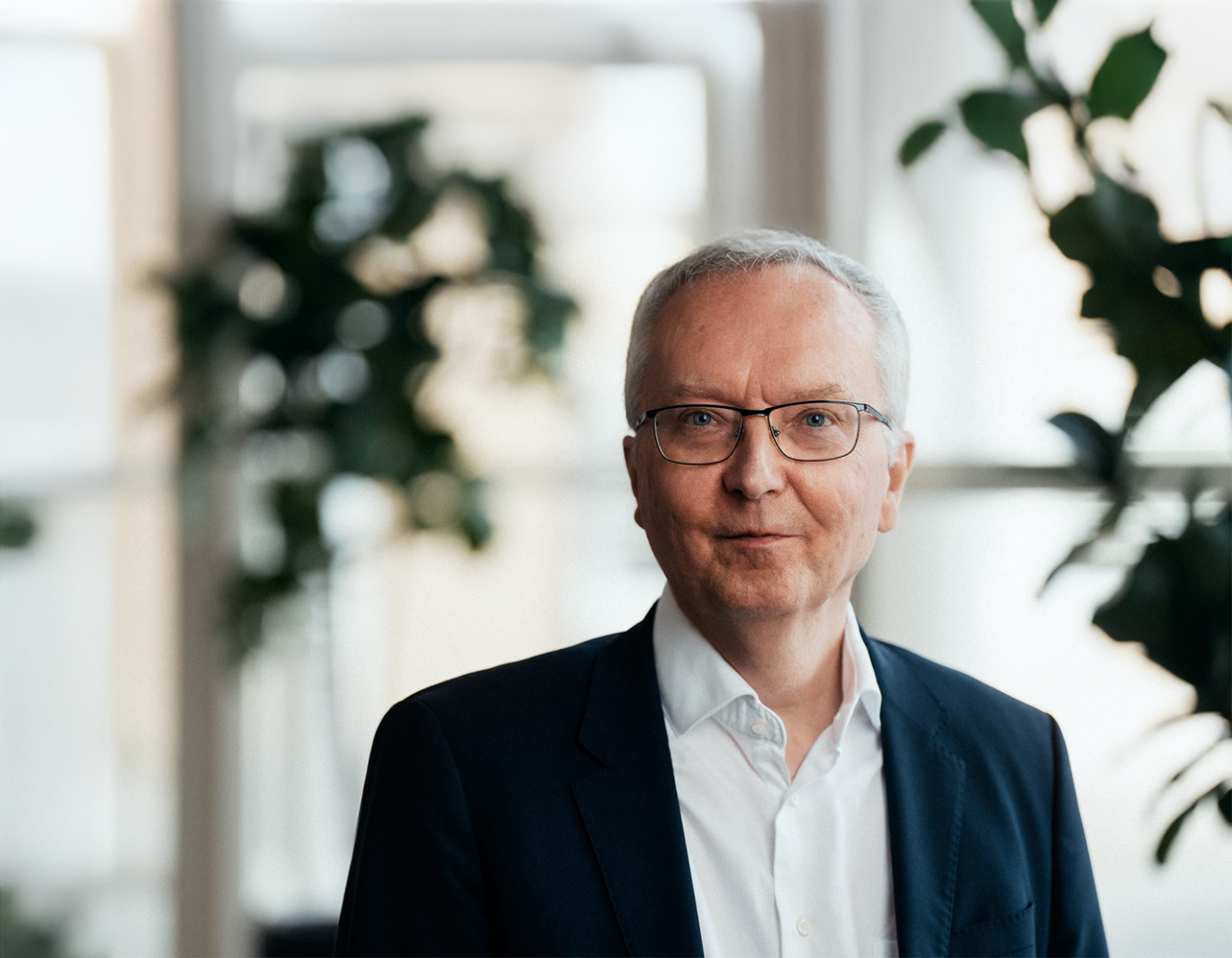
Some leaders go to executive programs to pick up shiny new tools. Torsten Fels isn’t one of them. As CEO of PenSam, a Danish labor market pension fund, he’s after something harder to find: clarity. The kind of clarity that comes from stepping outside the noise, zooming out, and seeing the bigger picture. That’s what keeps drawing him back to IMD’s Orchestrating Winning Performance (OWP) program.
“This is my fourth time at OWP,” he says. “The first was 20 years ago. I don’t go every year. I go when I need to reset.”
Reset is the word. Fels doesn’t come looking for trendy frameworks or quick fixes. He comes to get grounded. “The role of a CEO is nonstop,” he says. “There’s always something. OWP gives me five, full days to stop, reflect, and have serious discussions with people who actually understand the complexity of what you’re dealing with.”
Not just another conference
Plenty of programs promise insights. Few deliver them with the kind of relevance OWP does.
“It’s never the same twice,” says Fels. “Yes, the format stays consistent. But the topics? Always exactly what’s needed at that point in time. One year it’s about shaping global systems. Another, it’s leading through geopolitical instability. You don’t get that kind of precision in most executive programs.”
His most recent visit included deep dives into sustainability and conflict. “You’re not just hearing about the problems. You’re in discussions about what to do about them. And you’re hearing from people who are living those problems in different industries and countries. It’s rich.”
The right room, the right people
For Fels, the people in the room matter as much as the agenda. “You’re surrounded by international business leaders,” he says. “Not theorists. People actually running companies — under pressure, with real stakes.”
That level of diversity — of geography, industry, mindset — makes a difference. “It pushes your thinking,” Fels says. “If you’ve been running a firm in Europe, and someone next to you is managing volatility in Africa or supply chains in Asia, suddenly your lens widens. You start asking better questions.”
And then there’s the faculty. “They don’t talk like academics,” he adds. “They talk like people who’ve run things. You get theoretical depth, but you also get real business acumen. That combination’s rare.”
A compass, not a toolkit
Ask Fels what he’s implemented from OWP and he won’t hand you a list. That’s by design.
“This isn’t a program where you walk away and apply slide 47 on Monday morning,” he says. “That’s not what it’s for.”
What it is, he says, is a kind of recalibration. “Managing a company means balancing strategy and operations in a world that’s always changing. You need perspective to do that well. You need a compass, not a playbook.”
That compass, for Fels, comes from the mix of faculty insight, peer discussion, and topical relevance. “It’s not about a single concept — it’s about connecting dots. It’s about strengthening the way you think.”
Still, he remembers powerful moments. “The sessions on sustainable finance and leading in uncertainty stuck with me,” he recalls. “Not because they gave me answers, but because they made me reframe the questions I was asking inside the company.”
No false promises. Just substance
Fels is wary of overpromising. “It would not be serious to say this one module changed everything. That’s not how senior leadership works. It’s cumulative. You build your view over time.”
But he’s clear about the value. “Every time I’ve come back from OWP, I’ve come back more focused. More grounded. Better equipped to lead.”
In a world where business programs often chase the next shiny thing, OWP stays focused on what actually matters: helping senior leaders lead better.


